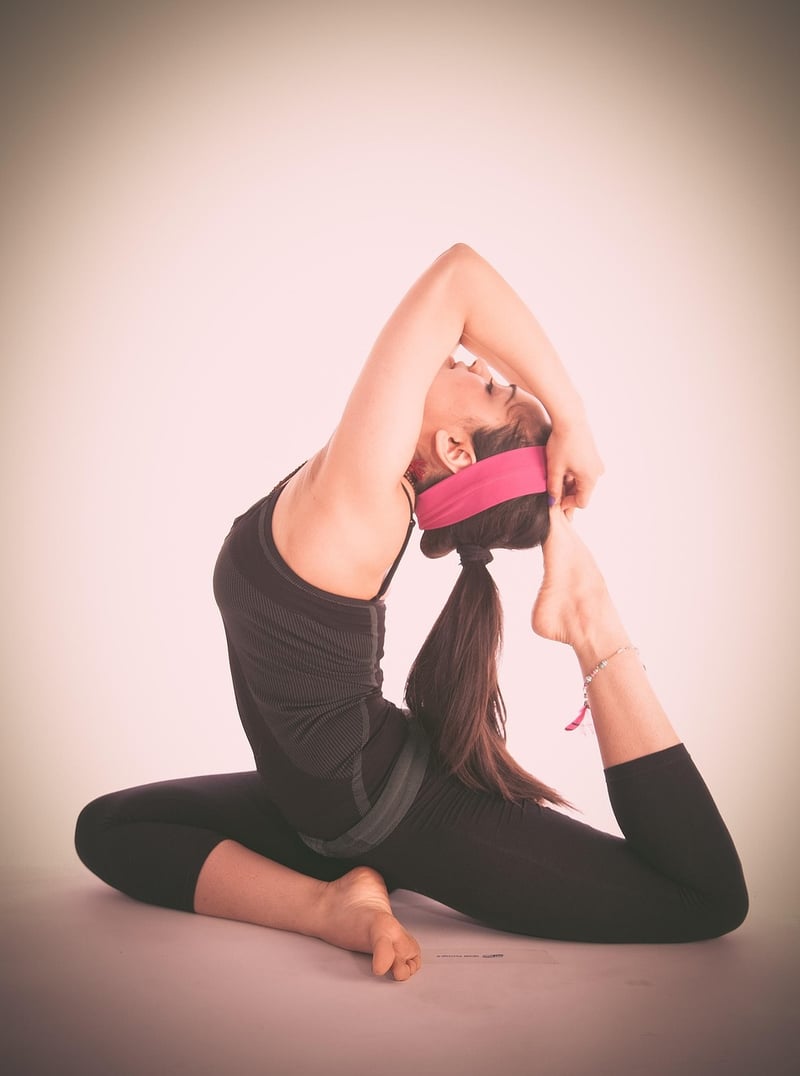Restorative
The Power of Physical and Mental Wellness for Restorative Health

In today's fast-paced world, maintaining a balance between physical and mental wellness is crucial for achieving restorative health. Taking care of both our bodies and minds can help us combat the stresses of daily life and promote overall well-being.
Physical Wellness
Physical wellness encompasses various aspects, including regular exercise, proper nutrition, adequate rest, and staying hydrated. Engaging in physical activities like yoga, running, or weight training not only improves our physical health but also boosts our mood and reduces the risk of chronic diseases.
Benefits of Physical Activity:
- Enhanced cardiovascular health
- Increased strength and flexibility
- Weight management
- Improved sleep quality
- Boosted immune system
Mental Wellness
Mental wellness is equally important as physical wellness. Practices such as mindfulness, meditation, and seeking therapy can help improve our mental health and emotional well-being. It is essential to address stress, anxiety, and other mental health issues to achieve overall balance.
Benefits of Mental Well-being:
- Reduced stress and anxiety
- Enhanced focus and concentration
- Improved relationships
- Increased resilience
- Better decision-making abilities
Restorative Health
When we prioritize both our physical and mental wellness, we pave the way for restorative health. Restorative health involves rejuvenating and healing our bodies and minds, allowing us to bounce back from challenges and setbacks effectively.
Remember, self-care is not selfish; it is essential for overall well-being. By incorporating healthy habits, such as regular exercise, mindfulness practices, and seeking support when needed, we can achieve a harmonious balance between physical and mental wellness for restorative health.

Take the first step towards a healthier and more balanced life today!
References: American Psychological Association, Centers for Disease Control and Prevention
